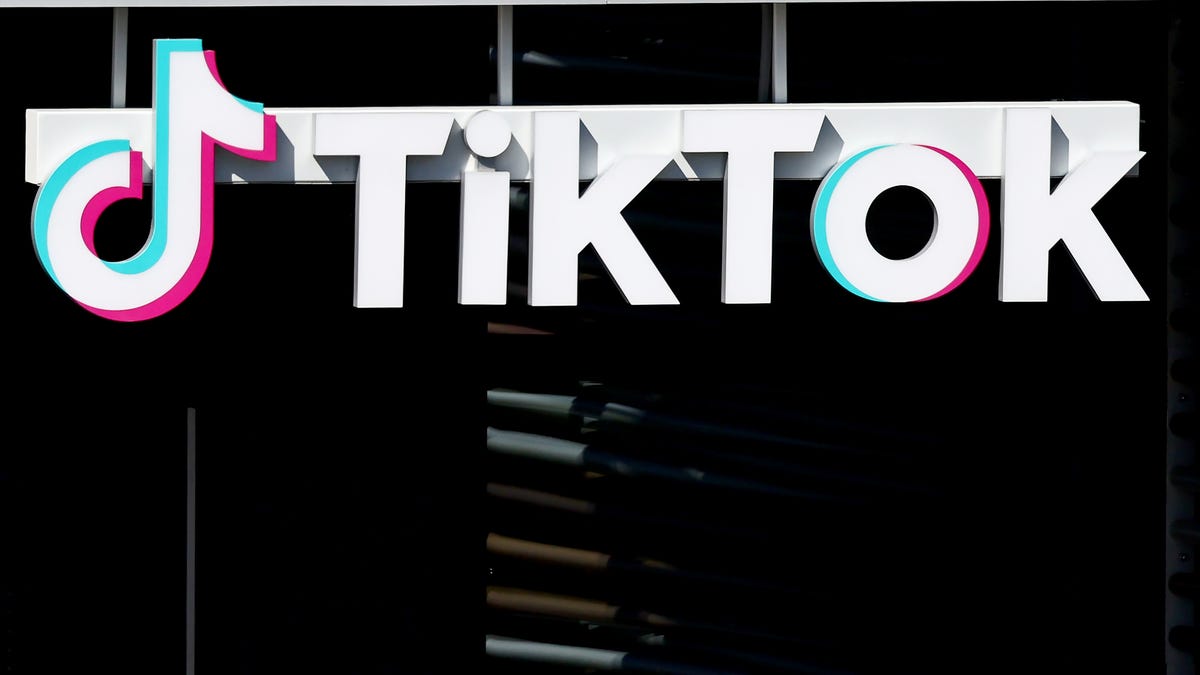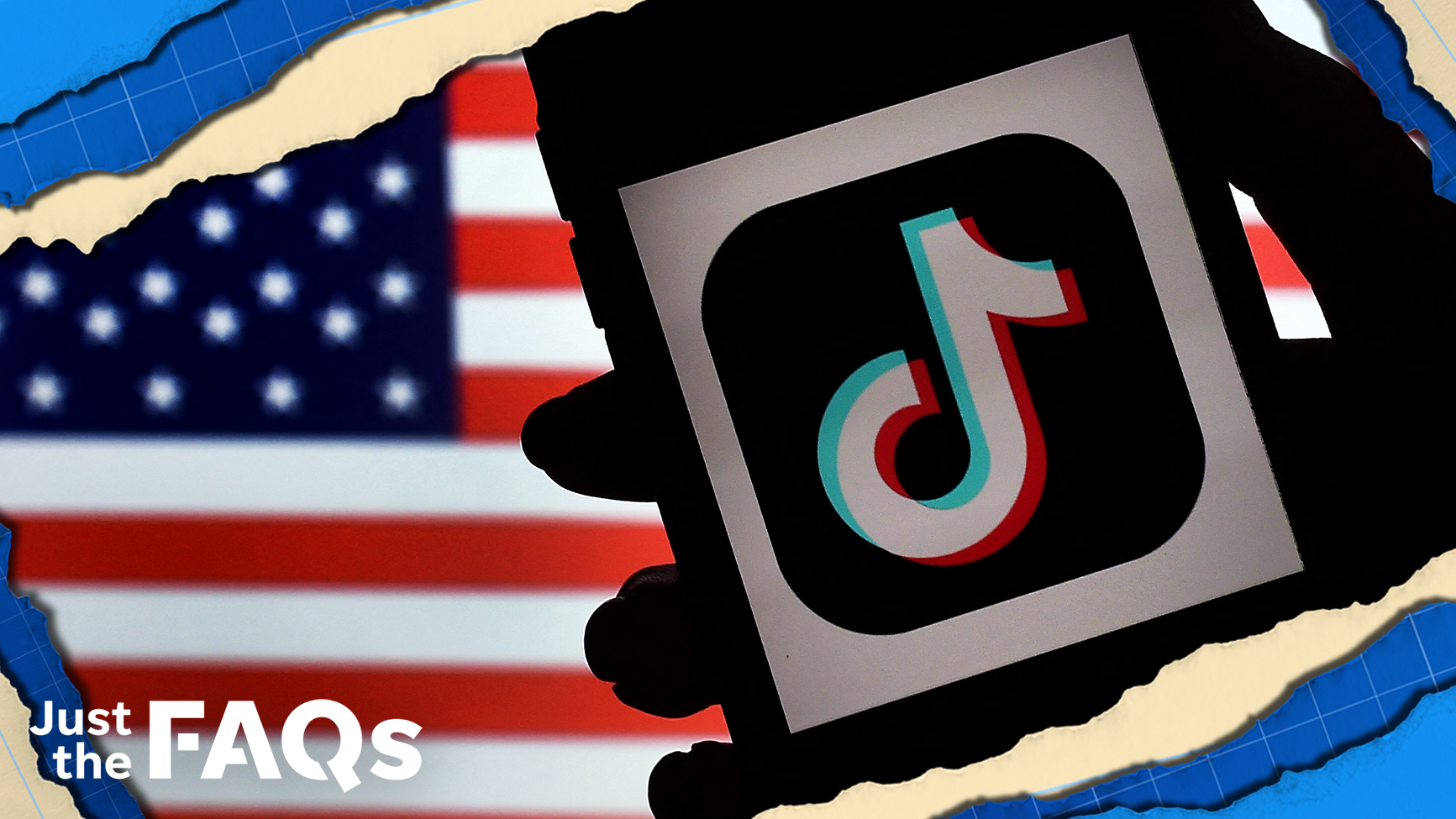
House approves TikTok bill that would force sale or effective ban

Here’s why TikTok will be banned on government-issued devices
This is why government officials are concerned about TikTok and its possible implications for national security.
Just the FAQs, USA TODAY
WASHINGTON – The House approved a bill Wednesday that would force TikTok’s parent company to sell the popular social media app or face a practical ban in the U.S.
President Joe Biden has said he would sign it if it makes it to his desk, but the legislation’s fate is uncertain in the Senate, where the bill has proved much more divisive. The bill cleared the House 352 to 65 with one member voting present.
TikTok launched an intense lobbying campaign ahead of the House vote, urging its users to call their representatives and urge them to vote against the bill. The company’s CEO Shou Chew also visited Capitol Hill on Tuesday in an effort to persuade lawmakers – mainly senators – to oppose it.
Former President Donald Trump waded into the debate as well, coming out against the bill and posting on Truth Social, his social media app, “If you get rid of TikTok, Facebook and Zuckerschmuck will double their business,” referring to Facebook CEO Mark Zuckerberg.
The bill was fast tracked to the House floor after it was approved by the powerful House Energy and Commerce Committee last week by a unanimous vote of 50-0, a stunning, unusual sight for the lower chamber.
The legislation’s proponents argue the app poses national security risks because its parent company, ByteDance, is based in Beijing and may expose American user data to Chinese government surveillance.
For its part, TikTok says it stores all American user data in a U.S.-based entity, and the storage is solely managed by the company’s U.S.-based security. Their efforts, however, have evidently done little to alleviate lawmaker concerns.
As bipartisan as the bill’s support was, the effort still received pushback from lawmakers who say an effective ban on the app would limit freedom of expression. Rep. Robert Garcia, D-Calif., along with a handful of other progressive lawmakers, held a press conference Tuesday with TikTok content creators warning against an effective ban.
“Any ban on TikTok is not just banning the freedom of expression. You are literally causing huge harm to our national economy,” Garcia said, noting TikTok’s use as a platform for small businesses.
The upper chamber has also been less bullish about the legislation. Senate Majority Leader Chuck Schumer, D-N.Y., has not said whether he would bring the House’s bill up for a vote, explaining he would have to confer with committee chairs.
While most senators agree that TikTok’s Chinese parent company poses a security threat to the United States, many have concerns about the legality of singling out one company.
Sen. Maria Cantwell, D-Wash., the chair of the Senate Commerce Committee, said Tuesday she’s “not sure” what her committee would do once the House passed the bill.
The committee has been “working on this (issue) diligently for a while” with the goal of finding a tool that could stand up to legal scrutiny.
“The whole point here is you have a dilemma: You want free speech, but you also want the United States to have some ability to protect U.S. citizens or U.S. military from foreign actors who might be deleterious in what they would be using as a tool of communication,” she said.
Trump attempted to ban TikTok when he was president, but it was blocked by courts for failing “to adequately consider an obvious and reasonable alternative,” a federal judge wrote at the time.
Sen. Ted Cruz, R-Texas, the top Republican on the Commerce Committee, said he has “deep concerns” with TikTok, but said he hasn’t looked at the House bill yet.
Some lawmakers are instead proposing Sen. Mark Warner, D-Va.’s RESTRICT Act, which has bipartisan support and would allow the Commerce Department to further regulate foreign social media apps.
Warner, who chairs the Senate Intelligence Committee, said Tuesday he thinks it’s “good news” that the House was poised to pass the bill, but “I have some different ideas.”
Sen. Rand Paul, R-Ky., said Monday he would block speedy passage in the Senate because it “violates the First Amendment rights of 180 million Americans.”
Others have said they’re strongly supportive of any effort to block TikTok.
“I think if you get it to a vote, it’s hard to vote no on,” Sen. Josh Hawley, R-Mo., who supports the House bill and banning TikTok generally, said Monday. “But I think there will be a fierce effort to prevent any vote.”


